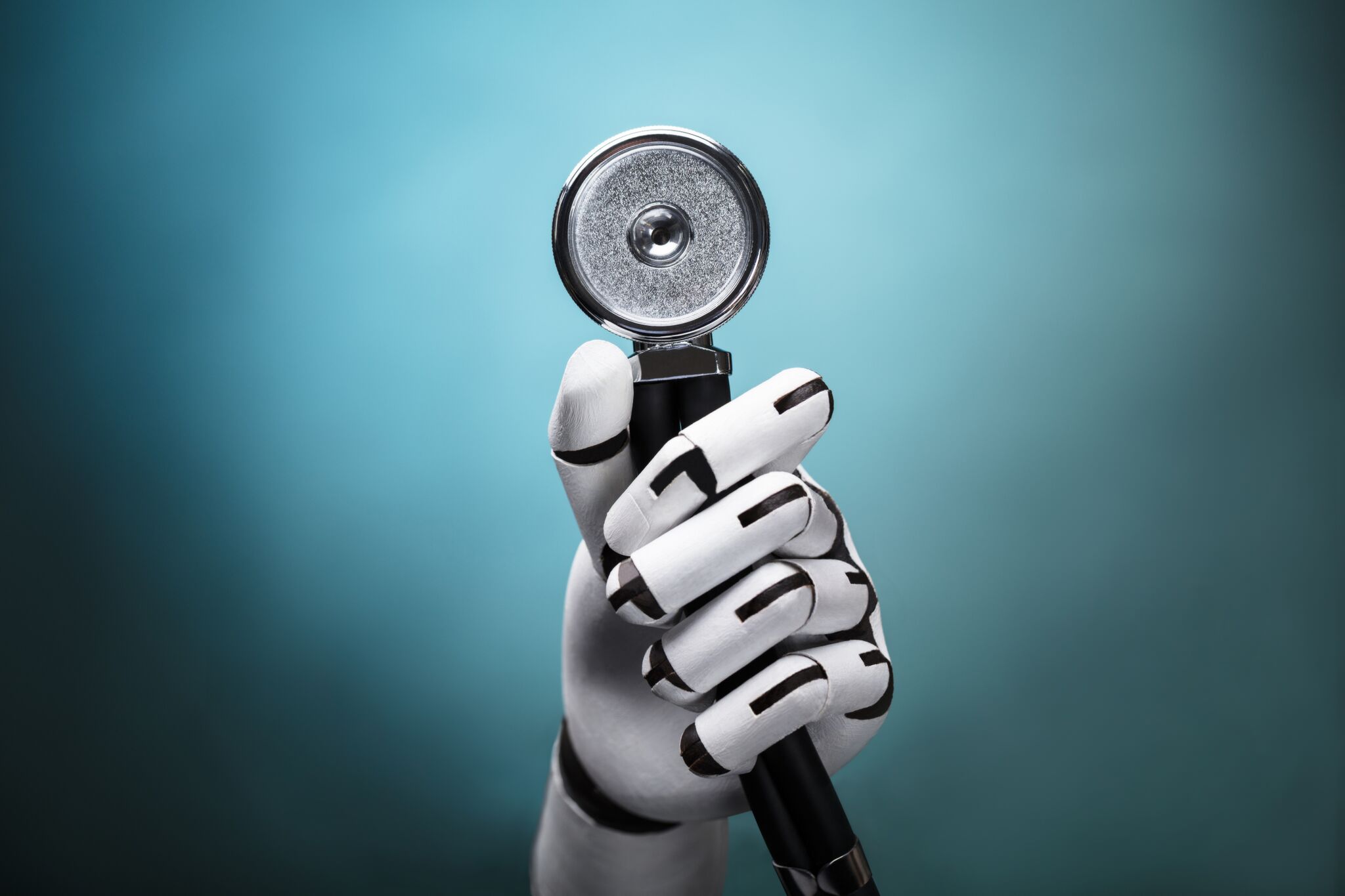
A year-old partnership between the Pittsburgh Health Data Alliance (PHDA) and Amazon Web Services (AWS) is beginning to bear fruit as a research team using deep-learning systems to analyze mammograms is unveiling new AI-based techniques to assess breast cancer risk.
According to reports, researchers from the University of Pittsburgh Medical Center (UPMC), the University of Pittsburgh, and Carnegie Mellon University (CMU), who were already supported by the PHDA, have also received additional support from Amazon Research Awards to use machine learning techniques identify depression markers and understand what drives tumor growth.
The researchers gathered more than 450 de-identified normal screening mammogram images from 226 patients, half of whom later developed breast cancer and half of whom did not.
They then developed two different machine learning models to analyze the images for characteristics that could help predict breast cancer risk. As reported in the American Association of Physicists in Medicine, both models outperformed the simple measure of breast density, which today is the primary imaging marker for breast cancer risk. The team’s models demonstrated between 33% and 35% improvement over these existing models, based on metrics that incorporate sensitivity and specificity.
"This preliminary work demonstrates the feasibility and promise of applying deep-learning methodologies for in-depth interpretation of mammogram images to enhance breast cancer risk assessment," said Shandong Wu, an associate professor in the University of Pittsburgh Department of Radiology, who is leading the team of breast cancer researchers.
"Identifying additional risk factors for breast cancer, including those that can lead to a more personalized approach to screening, may help patients and providers take more appropriate preventive measures to reduce the likelihood of developing the disease or catching it early on when interventions are most effective.”
In addition, researchers at Pitt are developing new sensors that are able to detect and measure subtle biomarkers and changes in behavior that might indicate depression.
"Depression is a disease that affects more than 17 million adults in the United States, up to two-thirds of all depression cases are left undiagnosed and therefore untreated," said Louis-Philippe Morency, associate professor of computer science at Carnegie Mellon, which is also working on the project. "New insights to increase the accuracy, efficiency, and adoption of depression screening have the potential to impact millions of patients, their families, and the healthcare system as a whole.”
This research involves training natural language processing and visual recognition algorithms using examples of speech and facial expressions, and running experiments in parallel on multiple high-powered AWS services at once.
The Pittsburgh Health Data Alliance was launched in 2015 as a way to capitalize on the data proliferating across healthcare, drive innovations in AI-powered healthcare analytics, and sometimes turn those ideas into new, for-profit companies via UPMC Enterprises (the commercialization arm of UPMC).


